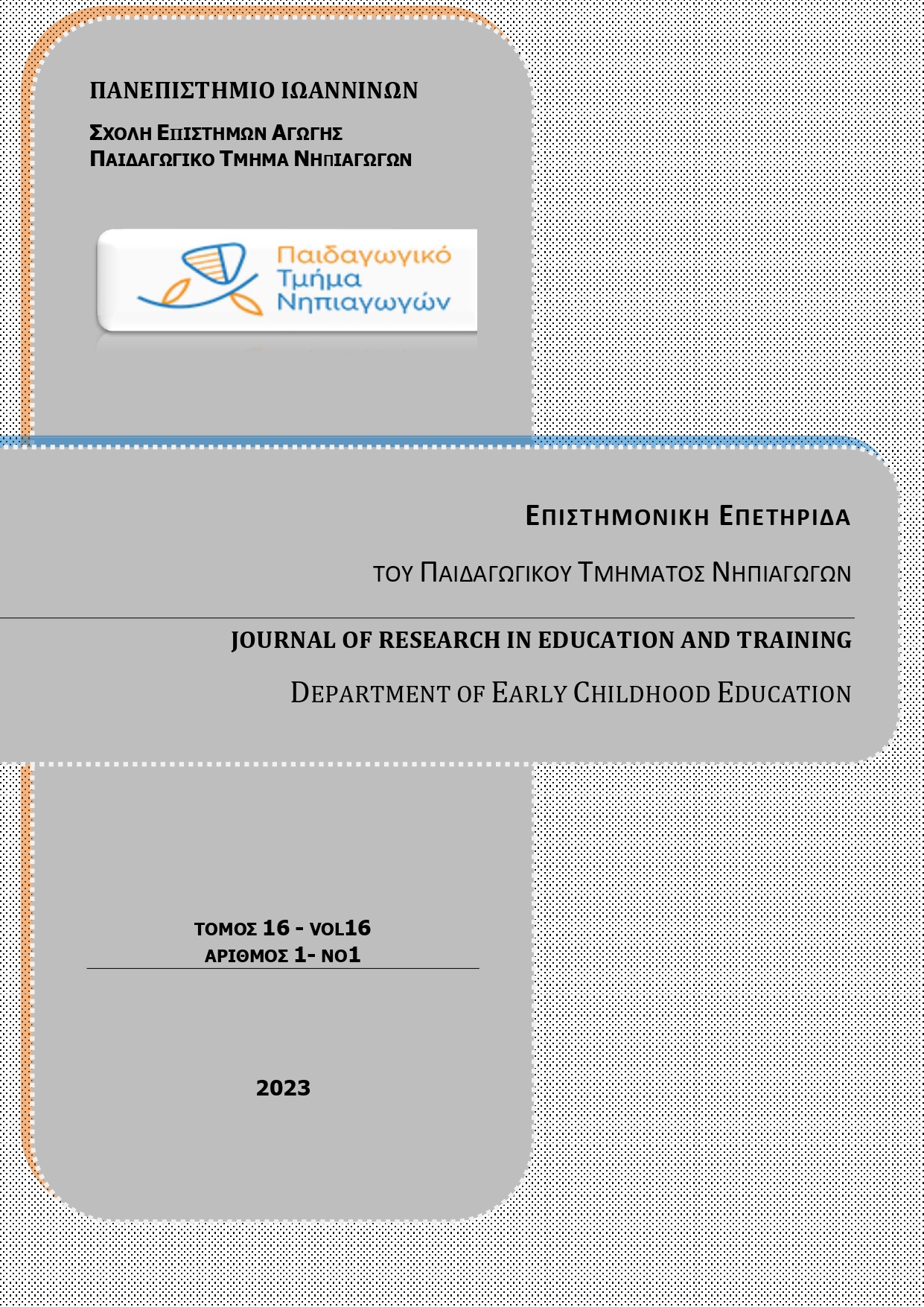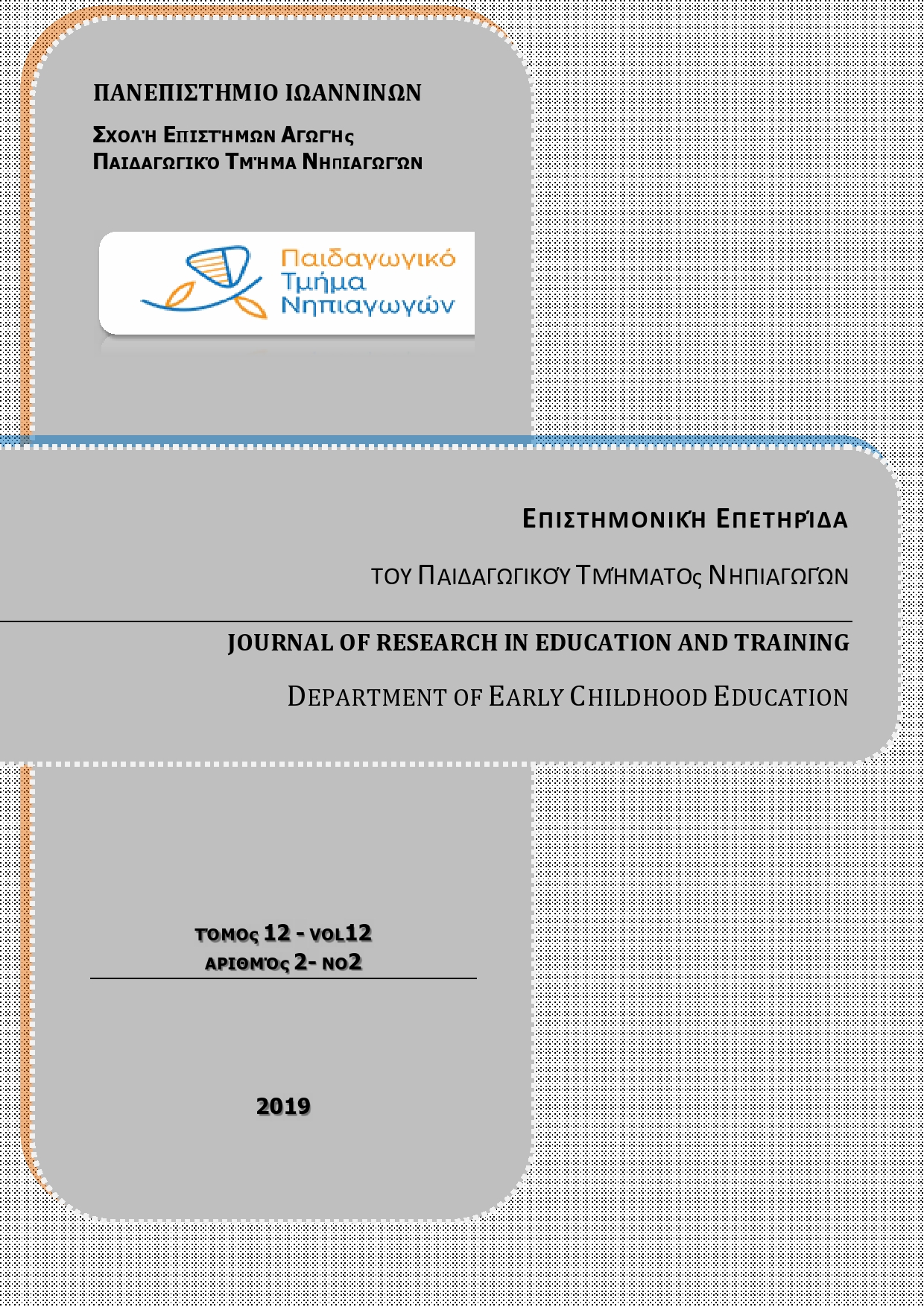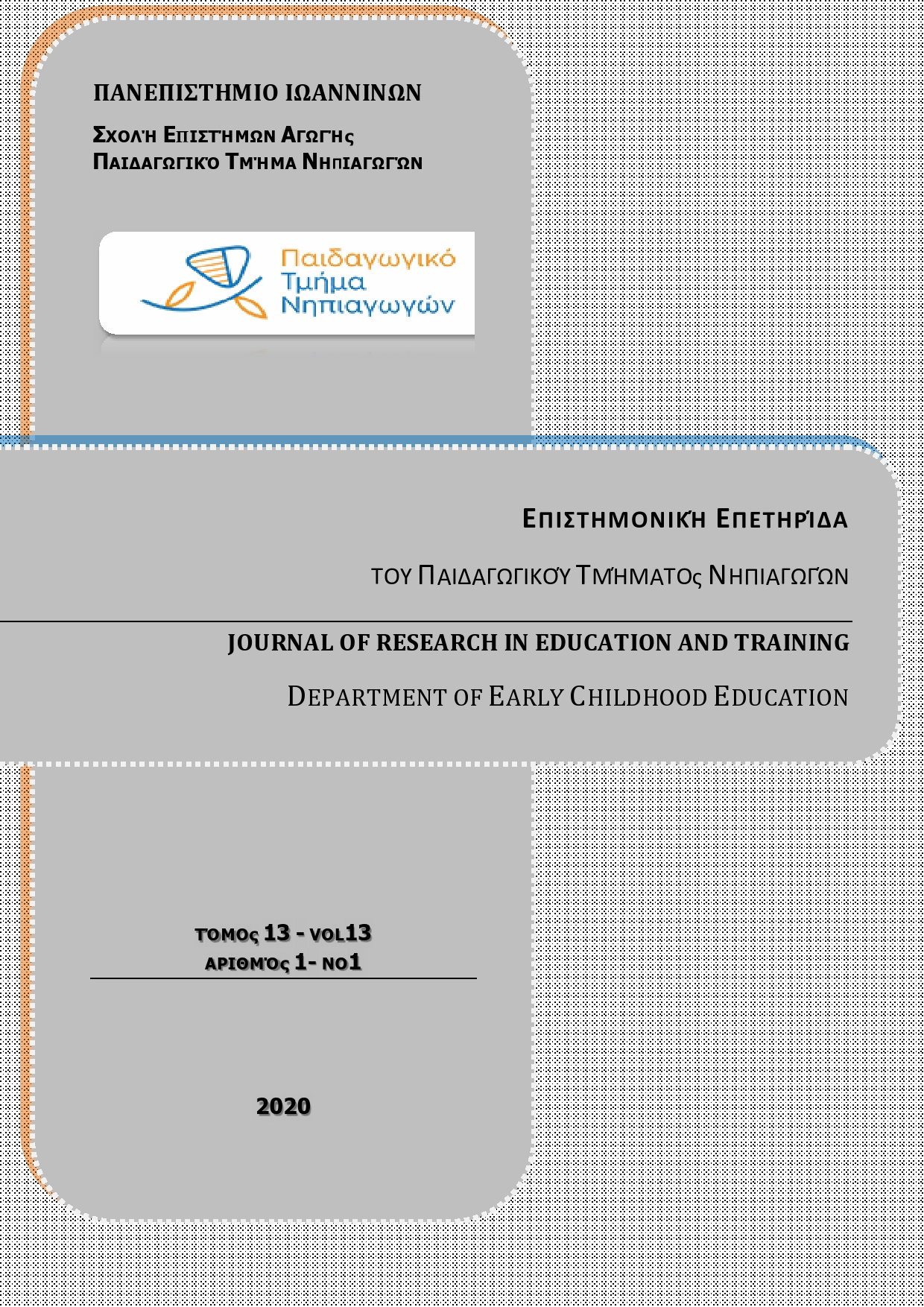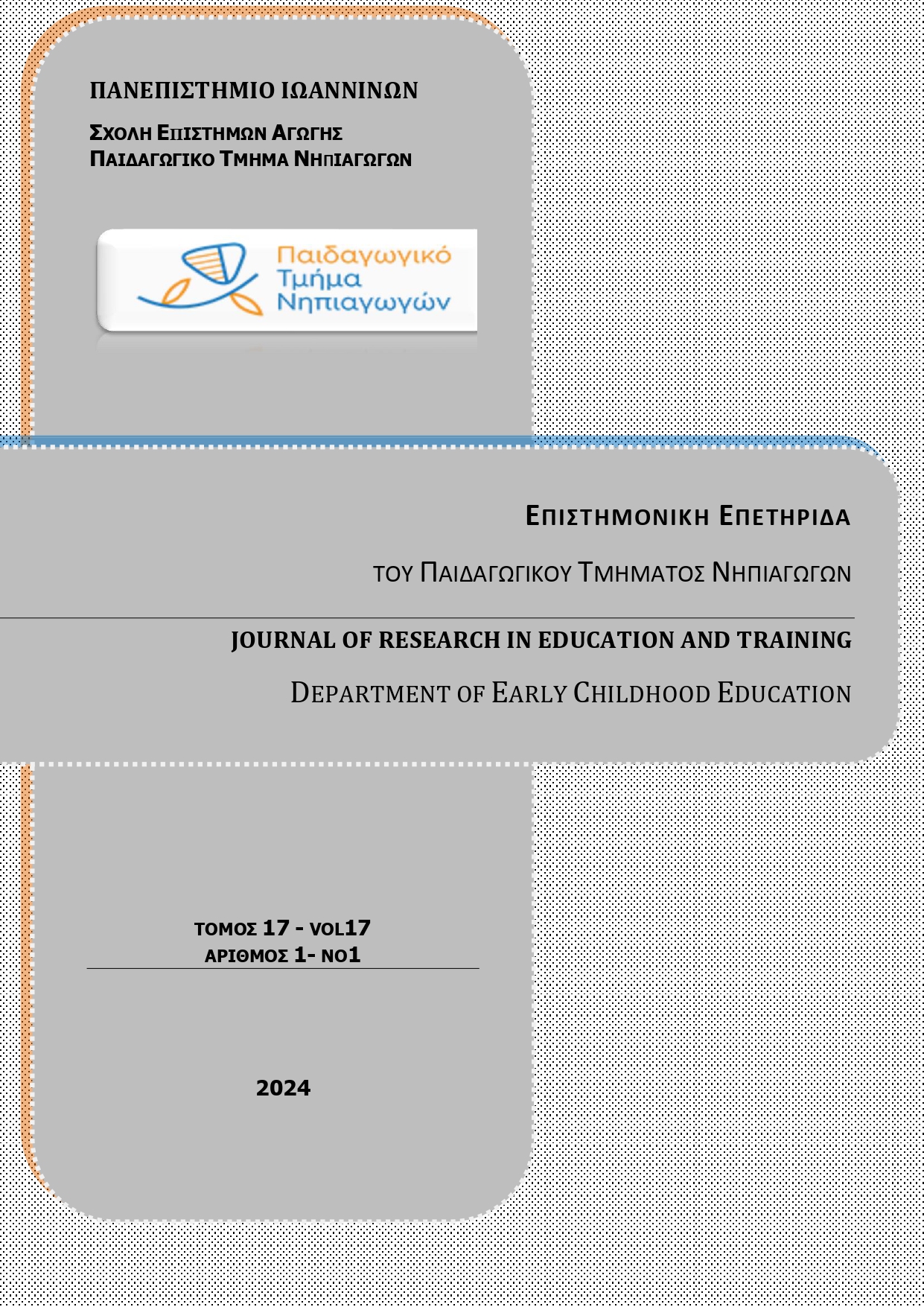Examining psychological factors that might affect mental health of middle-aged and older adult LGBTQI+ people

Abstract
Research has shown that minority groups in society are exposed to psychological pressure and difficulties. The fact that LGBTQI+ middle-aged and elderly people constitute a sexual minority, increases the likelihood of experiencing mental discomfort. The aim of this study was to investigate psychological factors that may play a role in the subjective well-being of older members of the LGBTQI+ community, namely, sexual orientation, loneliness, self-esteem and mood. The sample of the study consisted of 58 adults, aged 35-67 years, who were given online self-report questionnaires. The results showed that the level of these factors is "normal", with the exception of general mental health. The relationships with the other factors highlight potential vulnerabilities that need to be addressed, so that the older members of the LGBTQI+ community in Greece can maintain their mental health.
Article Details
- How to Cite
-
Tsoukaki, N. E., Zerniotis, I., & Moraitou, D. (2023). Examining psychological factors that might affect mental health of middle-aged and older adult LGBTQI+ people. Journal of Research in Education and Training, 16(1), 35–69. https://doi.org/10.12681/jret.31326
- Issue
- Vol. 16 No. 1 (2023):
- Section
- Articles

This work is licensed under a Creative Commons Attribution-NonCommercial-ShareAlike 4.0 International License.
Authors who publish with this journal agree to the following terms:
- Authors retain copyright and grant the journal right of first publication with the work simultaneously licensed under a Creative Commons Attribution Non-Commercial License that allows others to share the work with an acknowledgement of the work's authorship and initial publication in this journal.
- Authors are able to enter into separate, additional contractual arrangements for the non-exclusive distribution of the journal's published version of the work (e.g. post it to an institutional repository or publish it in a book), with an acknowledgement of its initial publication in this journal.
- Authors are permitted and encouraged to post their work online (preferably in institutional repositories or on their website) prior to and during the submission process, as it can lead to productive exchanges, as well as earlier and greater citation of published work (See The Effect of Open Access).





